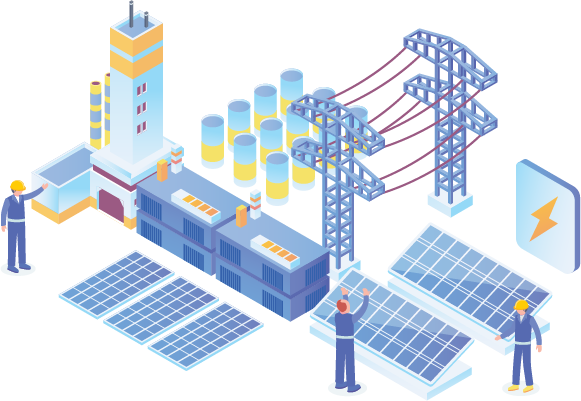Solar energy is one of the most promising renewable energy sources available today. It harnesses the power of the sun's rays to generate electricity or heat, making it an environmentally friendly and sustainable alternative to traditional energy sources. Solar power systems range from small residential installations to large-scale solar farms, contributing significantly to reducing dependence on fossil fuels and lowering greenhouse gas emissions.
Effective solar development requires strategic planning that takes into account both the environmental and technical aspects of installation. Planning the environment for solar projects involves identifying suitable sites, understanding environmental impacts, and ensuring that the development benefits both the economy and ecology. Some key considerations include:
Solar energy stands as a cornerstone in the transition to a sustainable, eco-friendly, and energy-efficient world. As technology advances, the costs associated with solar power continue to decrease, making it more accessible for individuals, businesses, and communities. The environmental impact of solar energy is minimal, and its ability to reduce greenhouse gas emissions plays a vital role in mitigating climate change. Solar development requires careful planning, but with the right strategies, it offers enormous potential for reducing our reliance on fossil fuels and fostering a greener future.

Take the first step towards a greener, more affordable future.
Schedule a consultation with our solar experts and get a customized quote tailored to your needs.